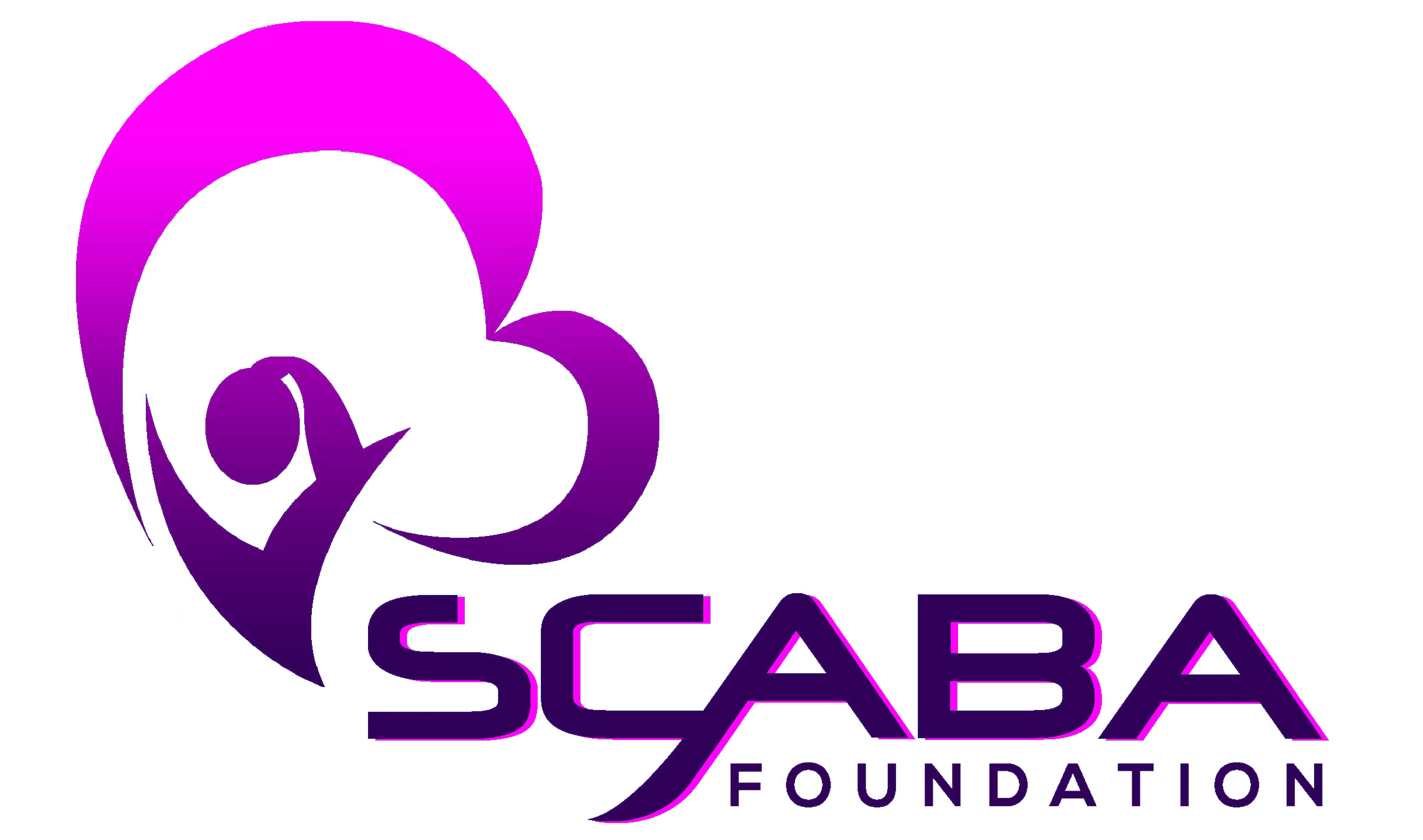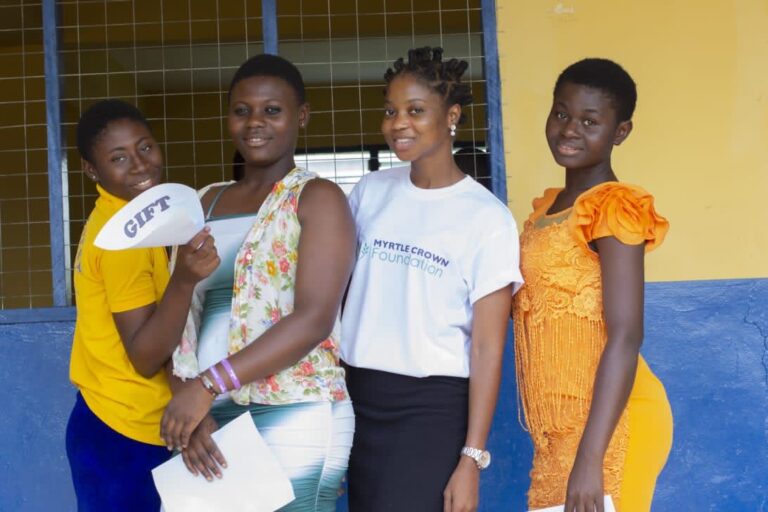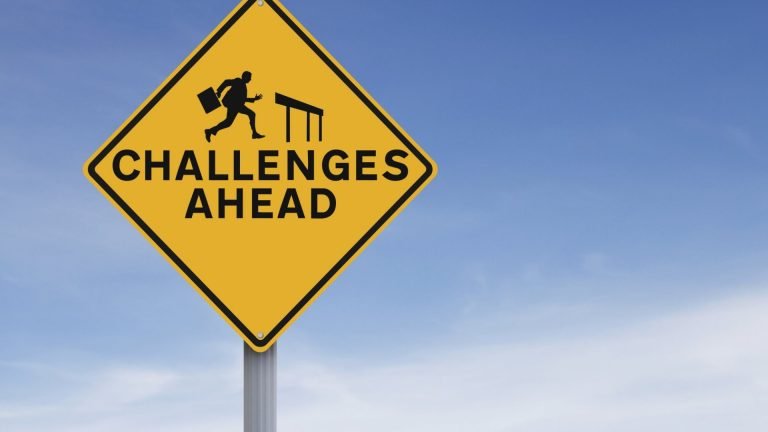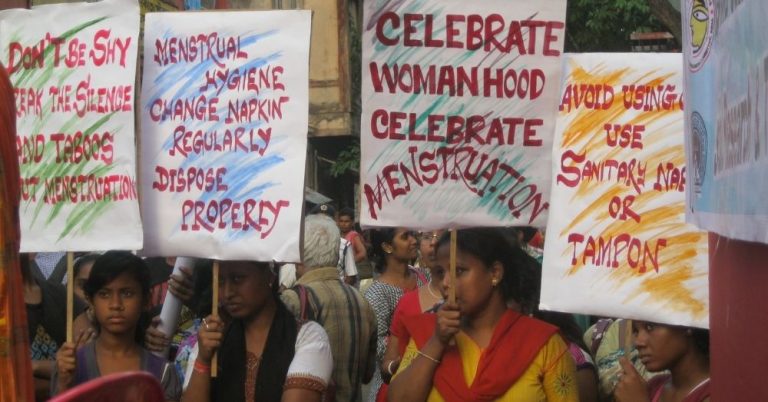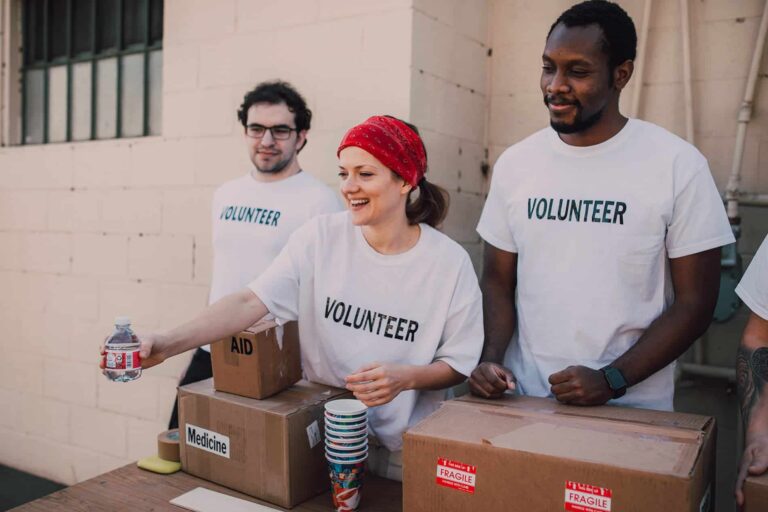Menstruation is a physiological process that happens every month to about 1.8 billion people worldwide from menarche to menopause. The normal menstrual cycle brings about numerous changes to girls, women, nonbinary individuals, and transgender men, which affects their lives in several ways. Unfortunately, few of them have the means to face it with dignity and minimum health standards.
Although menstruation manifests as monthly bleeding, the cyclic hormonal alterations that are necessary for menses to occur may be responsible for a plethora of signs and symptoms including dysmenorrhea, mood swings, fatigue, headaches, and bloating, to name a few, resulting in adverse effects on the quality of life and well-being. The social and cultural aspects including beliefs and taboos that surround menstruation may also have a negative impact on girls’ and women’s lives and further deepen gender inequality and discrimination (Sumpter and Torondel Citation2013). Moreover, every month those who menstruate have to deal with the practical aspects of menses which inlcude a range of measures from collecting the blood and maintaining minimum hygiene while avoiding infections and undesired pregnancy as well as living with the uncomfortable symptoms that may arise.
According to the Terminology Action Group of the Global Menstrual Collective, “Menstrual health is a state of complete physical, mental, and social well-being and not merely the absence of disease or infirmity, in relation to the menstrual cycle.” (Hennegan et al. Citation2021). Menstrual poverty or period poverty refers to the lack of access to the much needed hygiene products during monthly periods as well as being able to access adequate places to use them which includes basic sanitation services and receiving information about menstruation (Rossouw and Ross Citation2021). Millions of menstruating people cannot afford the costs and may be forced to stay away from work or school during menses and even experience social exclusion. Those living in poverty and vulnerability take the hardest blow.
Fortunately, the theme has been gaining attention recently as health-care professionals, researches, non-governmental organizations (NGO), and policy makers turned their attention to menstrual health and hygiene not only as an essential aspect of reproductive health but also as a basic human right. Interest on the issue has sparked initiatives to educate women and the general population on menstruation in an attempt to reduce stigma and misconceptions as well as provide adequate healthcare. In fact, providing decent care for menstrual health should be considered an important step toward attaining the Sustainable Development Goals defined by the United Nations (Sommer et al. Citation2021).

Caring for menstruation is a vital aspect of reproductive health. The theme has been neglected for too long and the consequences for women’s health can no longer be ignored. Recent publications, however, have started to focus on the theme and call for urgent action mainly in low-income countries (Critchley et al. Citation2020; Rossouw and Ross Citation2021; Sommer et al. Citation2021). In addition to providing hygiene products and clean water and sanitation, investments in research and education not only in the natural process involved in menstruation but also in the associated menstrual disorders such as endometriosis and abnormal uterine bleeding are of paramount importance.
In order to get a clear picture of the problem, last May 28 when we celebrated the International Day of Menstrual Dignity, the United Nations Population Fund (UNFPA) and the United Nations Children’s Fund (UNICEF) published the disturbing results of a research on the reality Brazilian girls experience during their periods (FUNPA & UNICEF Citation2021). The numbers translate the dreadful reality: 713,000 girls have no access to a bathroom or shower at home and more than 4 million do not have access to basic items of menstrual care in schools. Once again the most vulnerable with lower incomes suffer the most, reflecting gender, racial, and social disparities. Reports on the precarious situation women face during their periods are also available for many other countries including the United States, Spain, Canada, Ethiopia, Ghana, Kenya, India, Indonesia, Nigeria, Uganda (Rossouw and Ross Citation2021; Sumpter and Torondel Citation2013). The problem unfortunately is not restricted to low- and middle-income countries and obviously has worsened during the pandemia.
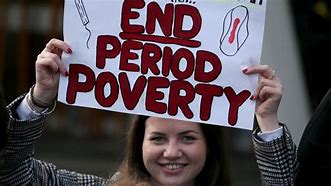
There is a lengthy agenda to meet all basic aspects of menstrual health which needs the joint collaboration of health-care professionals, policy makers, governments, and the general population. Fighting menstrual poverty means much more than just providing tampoons and basic sanitation. Luckily, there seems to be an awakening as the terms “menstrual poverty“ and “menstrual health” gain visibility in the web and social media platforms as well as through the work of medical societies, non-governmental organizations and digital influencers. The research community has also heard the clamor and more studies on the theme have been published in recent years. Educational initiatives such as Menstrupedia (https://www.menstrupedia.com/) may shed a light on the theme and help educate men and women on periods and puberty.
Menstruation can no longer be viewed as a curse for which there is nothing to be done except rely on women’s resilience and endurance. Menstruation should not be suffered in shame and silence. Enough is enough. It is time we allow women to leave the red tent to be cared with dignity and respect.
